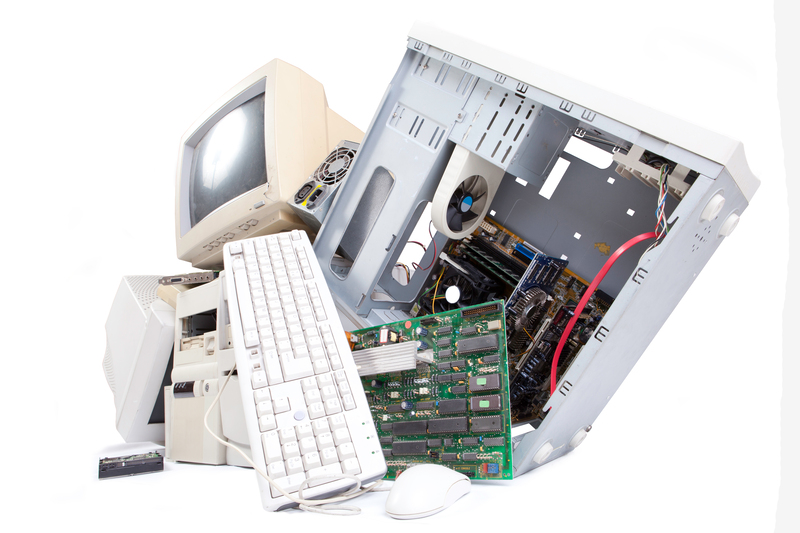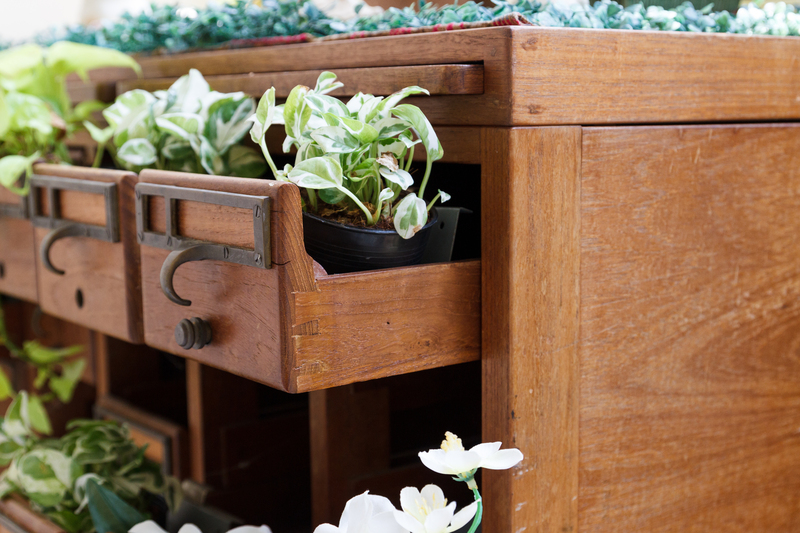Plastic Reprocessing Guide
Posted on 22/02/2025
Plastic reprocessing is an essential part of the global effort to manage plastic waste and reduce its environmental impact. With plastic pollution becoming an increasingly pressing issue, understanding the methods and benefits of reprocessing plastic can help mitigate the negative environmental effects and promote a more sustainable future.
What is Plastic Reprocessing?
Plastic reprocessing refers to the set of processes that convert waste plastic materials into reusable raw materials. This can include steps such as collecting, sorting, cleaning, shredding, and melting plastic to produce new materials that can be used in manufacturing.

Steps Involved in Plastic Reprocessing
1. Collection
The first step in plastic reprocessing is the collection of plastic waste. This can be done through various means such as curbside recycling programs, drop-off centers, and industrial collection processes. It is important that collected plastic is clean and free of contaminants to ensure the quality of the reprocessed material.
2. Sorting
Once collected, plastic waste needs to be sorted by type. Different types of plastic, such as PET, HDPE, and PVC, have different properties and recycling requirements. Automated sorting systems and manual sorting are typically used to separate the plastics.
3. Cleaning
Cleaning the plastic waste is crucial to remove any impurities and contaminants. This step often involves washing with detergents and water, and it helps to ensure that the final reprocessed product is of high quality.
4. Shredding
Cleaned plastic waste is then shredded into smaller pieces to facilitate the reprocessing and melting stages. Shredding makes the plastic easier to handle and process.
5. Melting
The shredded plastic is melted down and reformed into pellets or granules. These pellets can then be used as raw materials in the manufacturing of new plastic products.
Pros and Cons of Plastic Reprocessing
Pros
- Reduces plastic waste and landfill use.
- Conserves natural resources by reusing materials.
- Lowers greenhouse gas emissions compared to producing new plastic from virgin materials.
- Promotes economic growth through the recycling industry.
Cons
- Requires significant energy and resources, especially for cleaning and processing.
- Potential contamination can affect the quality of reprocessed plastic.
- Not all types of plastic are recyclable, limiting the scope of reprocessing.
- Reprocessed plastic may have inferior properties compared to virgin plastic.
Tips for Successful Plastic Reprocessing
- Ensure proper sorting at the source to improve efficiency and quality.
- Invest in advanced technology for sorting and cleaning to reduce contamination.
- Educate the public about the importance of recycling and correct disposal practices.
- Support policies and initiatives that incentivize recycling and reprocessing efforts.
- Collaborate with industry stakeholders to develop innovative recycling solutions.

Key Takeaways
- Plastic reprocessing transforms waste into valuable raw materials.
- The process involves collection, sorting, cleaning, shredding, and melting.
- Benefits include waste reduction, resource conservation, and lower emissions.
- Challenges include energy use, contamination risks, and limited recyclability of certain plastics.
Conclusion
Plastic reprocessing plays a crucial role in addressing the growing problem of plastic waste. By understanding and implementing proper reprocessing techniques, we can significantly reduce the environmental impact of plastic while conserving valuable resources. Despite its challenges, the benefits of plastic reprocessing make it an essential practice in striving for a more sustainable and eco-friendly future. With ongoing advancements in technology and increased awareness, the effectiveness and efficiency of plastic reprocessing continue to improve, paving the way towards a cleaner planet.
Latest Posts
Enhance Business Efficiency with Waste Collection

